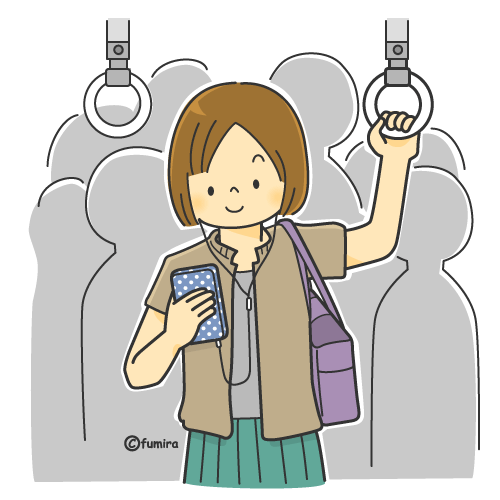とき is a conjunction meaning “when,” so
うちにかえるときでんわしてね
and
うちにかえったときでんわしてね
both means “when you go home, please ring me.”
The grammar difference is
うちにかえるときでんわしてね has かえる (non-past plain verb) before とき and
うちにかえったときでんわしてね has かえった (past plain verb) before とき.
When a “non-past plain” verb is used before とき, that means the action of that verb has not been completed when the action of the verb after とき happens. In short, うちにかえるときでんわしてね means “Please ring me when you are coming home” or “Please ring me when you are on the way home.” So it is likely someone at home is asking her to ring.
On the other hand, when a “past plain” verb is used before とき, the action of that verb has to be completed when the second action happens. So うちにかえったときでんわしてね means “When you are back home, please ring me” or “After you get home, please ring me.” So it is likely someone who is not home is asking her to ring.
Other examples
日本に行くとき買いました。
I bought it when I was going to Japan.
日本に行ったとき買いました。
I bought it when I went to Japan. (Most likely “when I was still in Japan.”)電車から降りるとき、花子さんに会いました。
When I was getting off the train, I saw Hanako (on the train).
電車から降りたとき、花子さんに会いました。
When I got off the train, I saw Hanako (in a station).
For more beginners’ study material, please visit JLPT N5 Grammar and JLPT N5 Kanji pages.


Thank you for the explanation. I was confused at first but after reading your explanation it helped a lot, there is still minor confusions but will practice more. I hope you also have explanation for past, present and present progressive tense because I am not sure how to answer when I see the choices